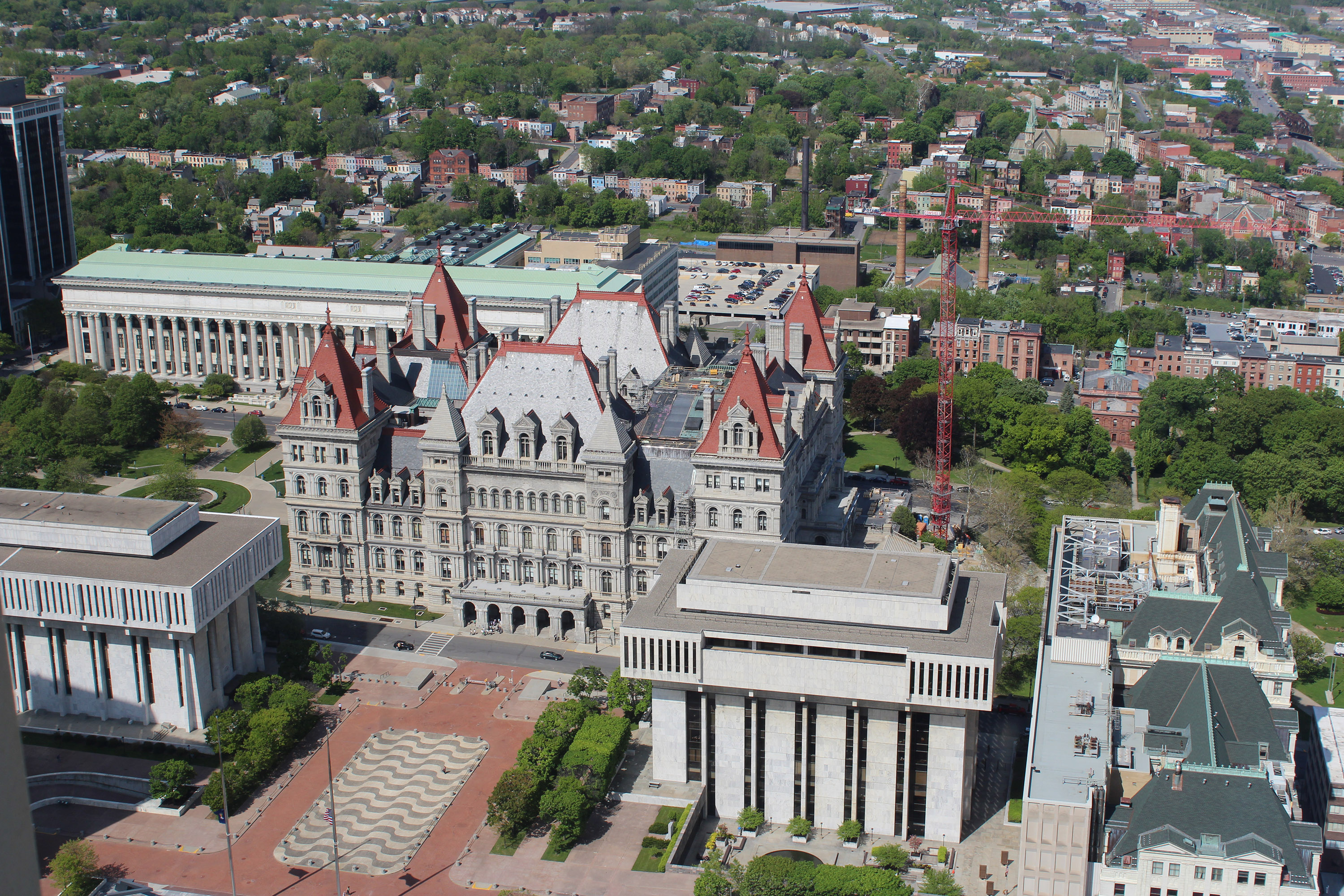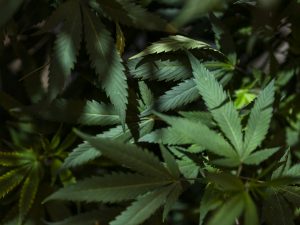Count legal marijuana in New York state among the victims of COVID-19, along with the hundreds of millions in tax dollars and thousands of jobs legalization might have generated.
Gov. Andrew Cuomo said on the last day of March that the state’s spring legislative session was “effectively over” after several state lawmakers tested positive for the coronavirus. Among the unfinished items Cuomo said would have to wait until next year was the legalization of marijuana for adult recreational use. Of the eight other states that were poised to legalize pot this year, only three appear to still be on track for legal weed in 2020.
Cuomo’s pronouncement of legalization’s demise was a stunning turn of events given that, just a few weeks earlier, New York appeared all but certain to legalize marijuana as a way of raising revenue, lowering incarceration rates and getting a piece of a rapidly growing business sector.
Cuomo himself vowed to make legalization a priority during his January State of the State address. And although some opposition still remains in the state and a similar effort failed in 2019, people across New York expressed support for Cuomo’s plan, raising expectations.
A January Siena College survey of New York registered voters, for instance, found that 58% supported legalization. Meanwhile a less-scientific NewsHouse poll of more than 250 New York college students found that more than 91% favored legalization. The NewsHouse also reached out to every New York state lawmaker in March. Of the 20 who responded, five were against legalization, one undecided and 14 were in favor.









